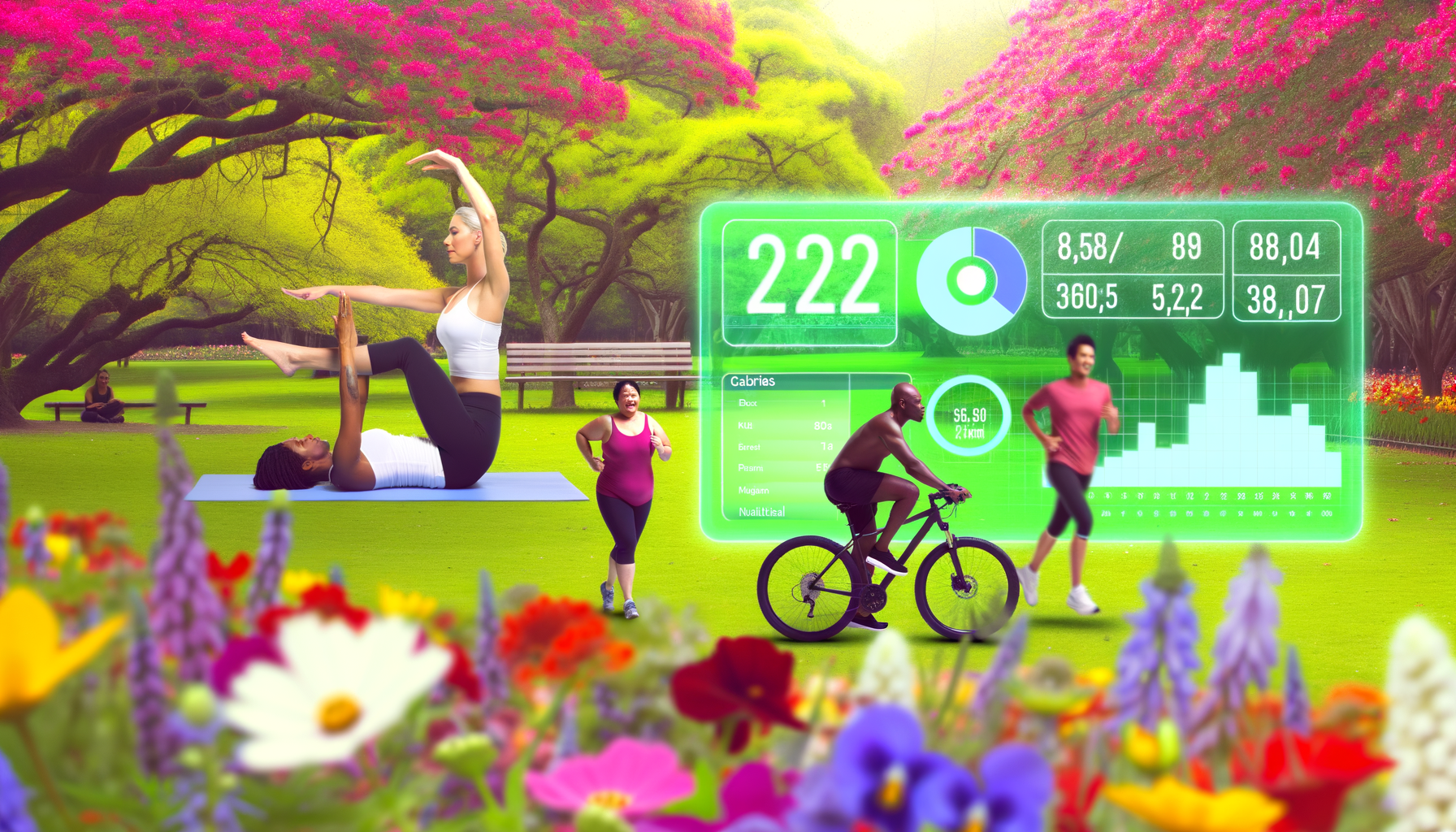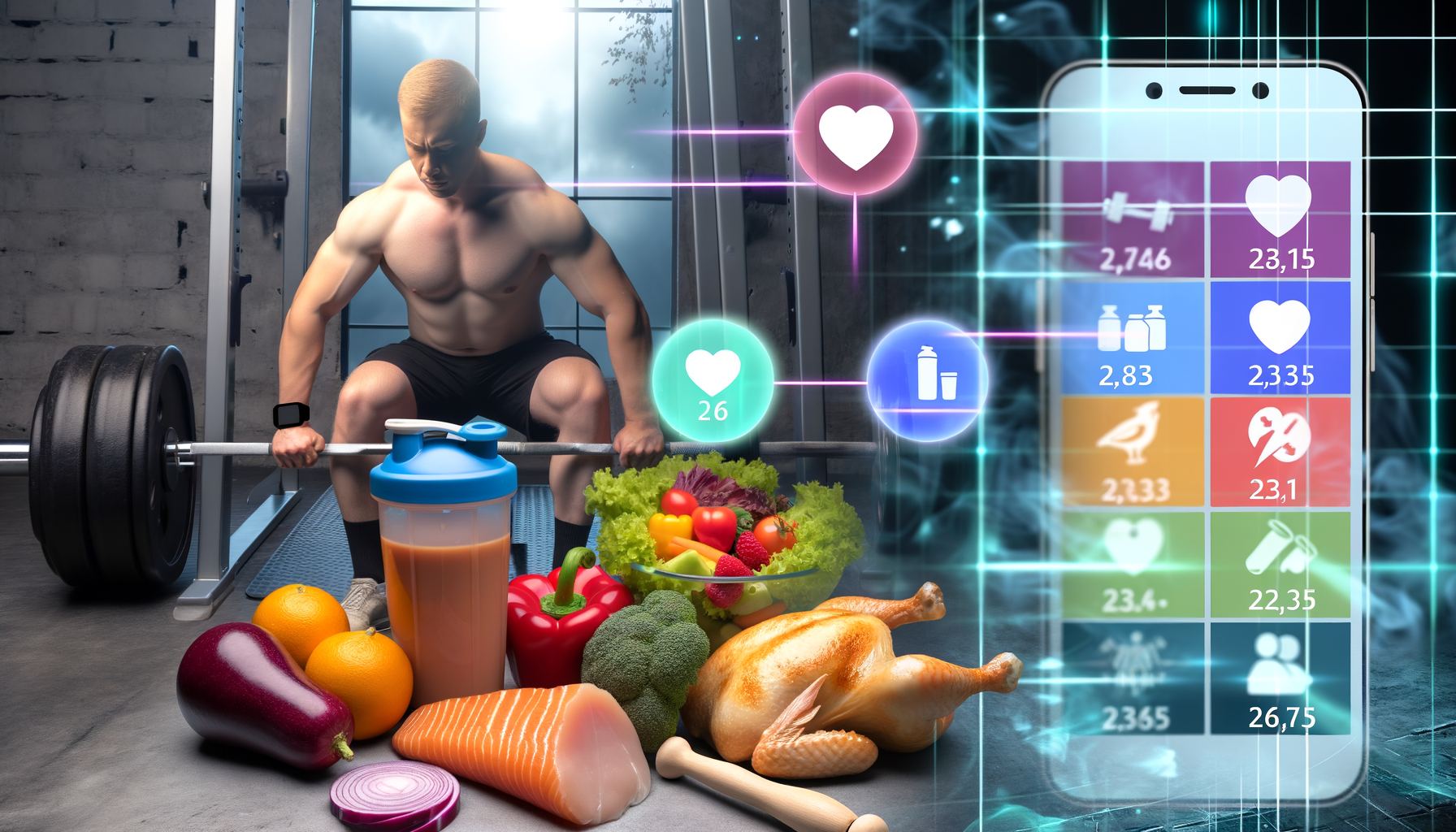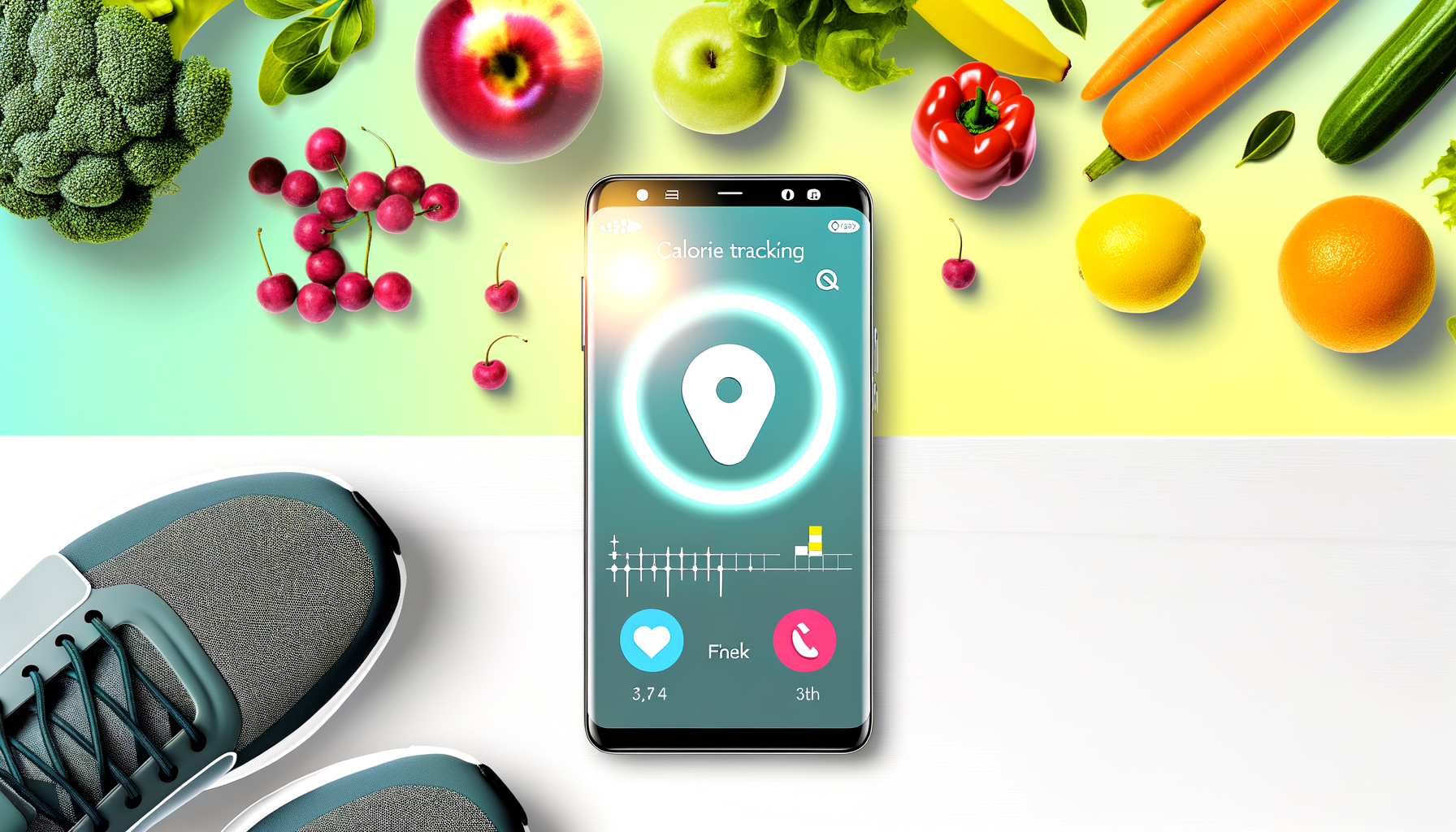Calorie Calculator vs. Dietitian: How Technology Complements Expertise
In the realm of nutrition and health, two powerful tools have emerged to help individuals manage their diets effectively: calorie calculators and the expertise of dietitians. While technology has advanced significantly in providing personalized calorie recommendations, the guidance of a professional dietitian remains invaluable. This post explores how calorie calculators and dietitians complement each other, enhancing our understanding and management of calorie intake.
Understanding Calorie Needs
Calories are the basic units of energy that our bodies need to function. The number of calories required varies significantly based on factors like age, gender, weight, height, and activity level. For instance, most women need between 1,600 to 2,200 calories per day to maintain their weight, while men generally require more, typically between 2,200 and 3,000 calories depending on their age and activity levels.
Role of Calorie Calculators
Calorie calculators use scientific equations, such as the Mifflin-St Jeor Equation or the Katch-McArdle Formula, to estimate an individual's daily calorie needs. These tools provide a convenient way to get a baseline for one's nutritional requirements. For example, the Calorie Calculator allows users to input details like age, weight, and activity level to determine how many calories they need to maintain, lose, or gain weight.
Expertise of Dietitians
Dietitians offer personalized advice that goes beyond a simple mathematical calculation. They consider health goals, dietary restrictions, and lifestyle factors to create tailored nutrition plans. For instance, a dietitian can help a pregnant woman understand how her calorie needs increase during different trimesters, which is crucial for both maternal and fetal health. Similarly, they can guide breastfeeding mothers on maintaining sufficient calorie intake to support milk production while managing weight loss in a healthy manner.
Technology Complementing Expertise
While technology provides efficient data analysis and estimation, professional advice from a dietitian offers context and customization. Here are ways technology and expertise work together:
- Initial Assessment: Calorie calculators can provide a preliminary understanding of one's calorie needs. This information can then be refined through consultations with a dietitian who can adjust these estimates based on individual health requirements and lifestyle.
- Customized Plans: Dietitians use data from calorie calculators as a starting point to develop detailed meal plans. For example, they might recommend specific diets, such as a ketogenic diet or a low-carb diet, based on an individual's health goals and nutritional requirements.
- Patient Education: Technology can enhance patient education by providing accessible tools like calorie tracking apps. Dietitians can guide patients on how to use these tools effectively, ensuring that they understand not just their calorie needs but also how different foods impact their health.
Case Study: Blended Approach
A study might involve using a calorie calculator to establish baseline calorie needs for participants. A dietitian would then work with each participant to refine these estimates based on individual factors like fitness goals or dietary restrictions. This blended approach ensures that individuals receive both personalized advice and actionable data-driven insights.
For instance, a person aiming to lose weight might use a calorie calculator from WP Calorie Calculator to determine their daily calorie deficit. A dietitian could then help them create a meal plan that accounts for nutritional balance while achieving that deficit, often suggesting foods like low-fat dairy products or quinoa for their high nutritional value.
Challenges and Opportunities
Despite the advantages of combining technology with expert advice, there are challenges. For example, research shows that many individuals have a poor understanding of calories, often underestimating or overestimating them. This can lead to ineffective weight management strategies. A study published in PMC highlights the variability in calorie estimation accuracy among adults.
Addressing these Challenges
To address these challenges, healthcare professionals can rely on tools like the DRI Calculator for nutrient recommendations. This ensures that individuals are receiving comprehensive nutritional advice that considers both calorie intake and overall dietary balance.
Dietitians also play a critical role in educating patients about the importance of nutrition beyond just calorie counting. For instance, they might emphasize the benefits of omega-3 fatty acids for heart health or fiber intake for digestive health.
Conclusion and Moving Forward
In conclusion, the integration of calorie calculators and dietitian expertise offers a powerful approach to managing calorie intake effectively. By leveraging technology to provide baseline nutritional data and then refining those estimates with personalized advice, individuals can achieve their health goals more efficiently. This blended approach not only ensures accuracy but also fosters a deeper understanding of nutrition. If you are interested in learning more about how calorie calculators can enhance your nutrition strategy, explore the WP Calorie Calculator website for more resources. For those interested in accessing these tools for their website or practice, check out the WP Calorie Calculator Plans for flexible solutions.











